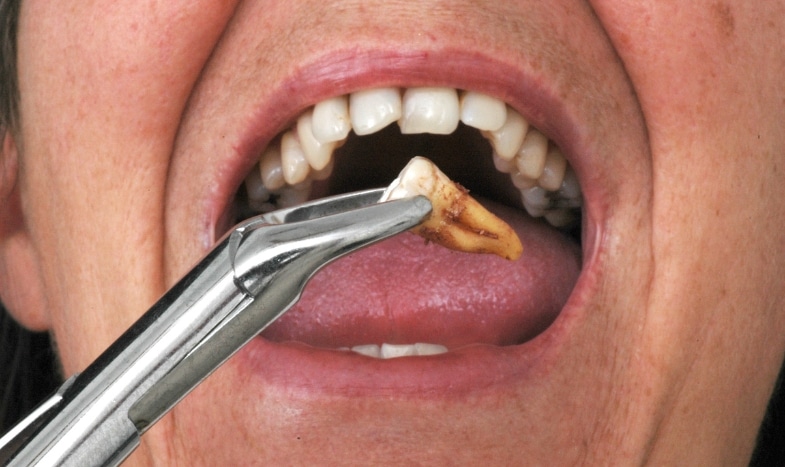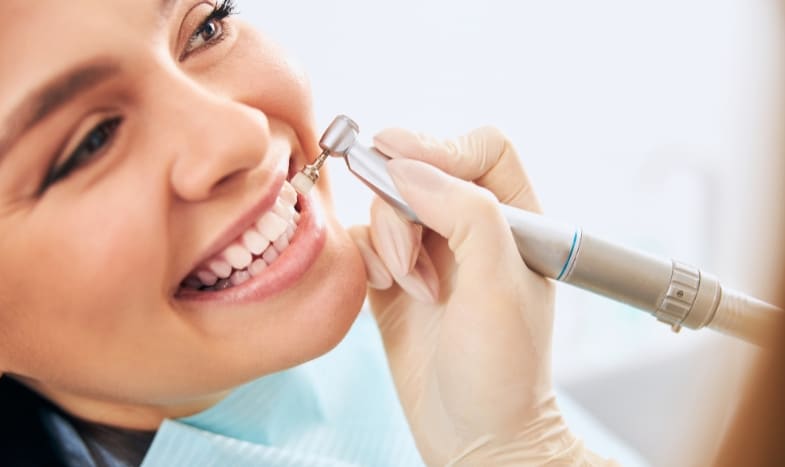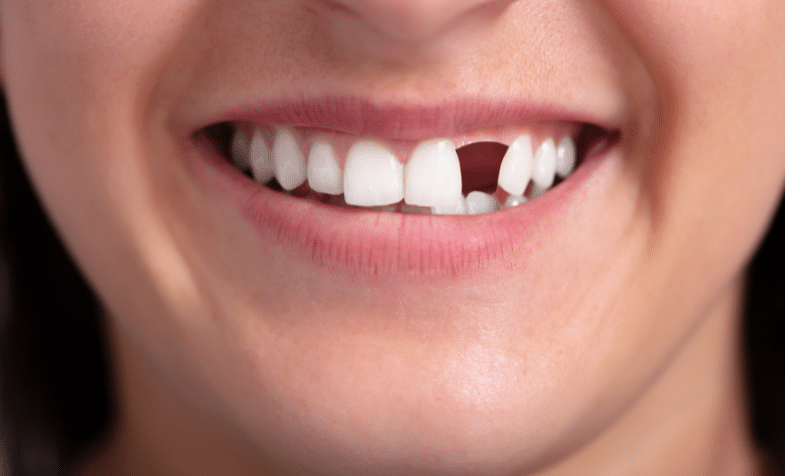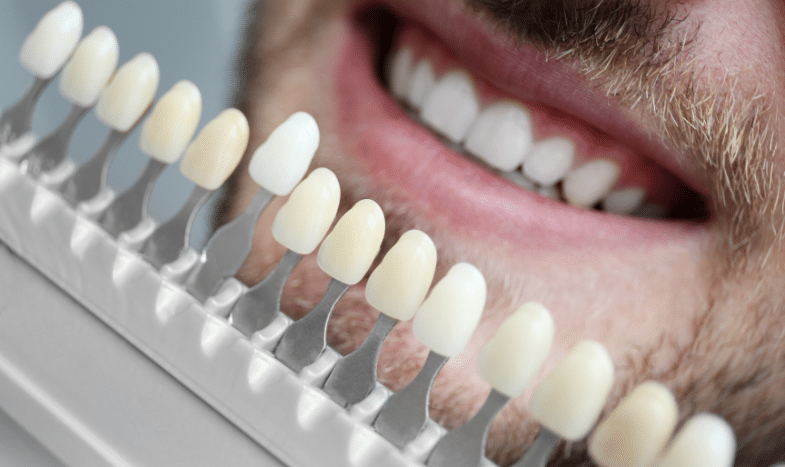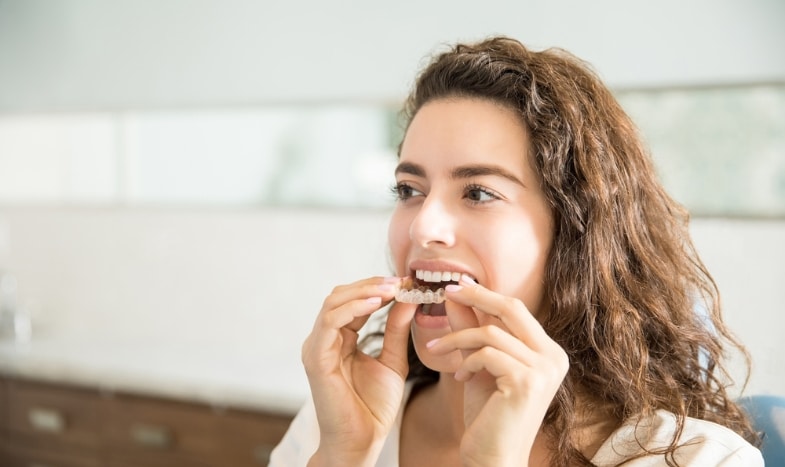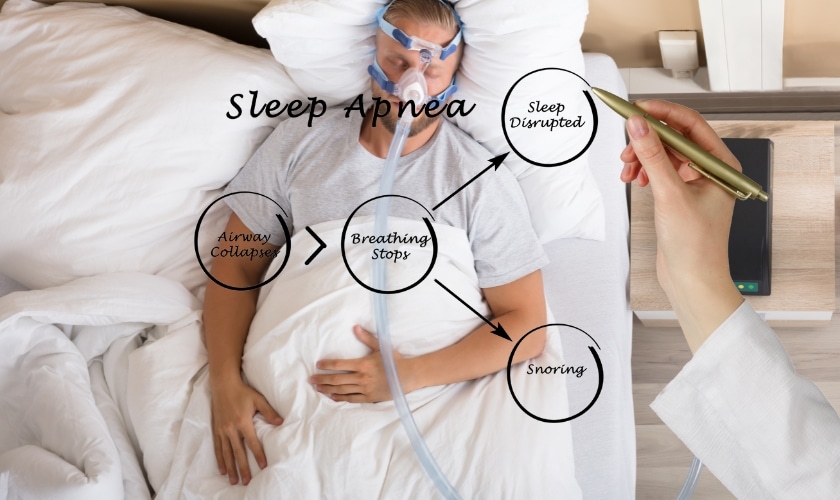
How Do You Fix Sleep Apnea Naturally
Sleep. It’s the cornerstone of good health, essential for physical and mental well-being. But for millions of Americans, a restful night’s sleep remains elusive due to a condition called sleep apnea. This sleep disorder disrupts breathing patterns throughout the night, leading to fragmented sleep, daytime fatigue, and a host of health concerns.
If you suspect you might have sleep apnea, you’re not alone. Statistics suggest that around 34% of adult men and 17% of adult women in the United States experience sleep apnea. The good news? While traditional treatments like CPAP machines are highly effective, there are also natural strategies you can explore to “fix” sleep apnea and reclaim your sleep sanctuary.
What is Obstructive Sleep Apnea?
Obstructive sleep apnea (OSA) is the most common form of sleep apnea. It occurs when the muscles in your throat relax during sleep, causing the airway to narrow or even completely collapse. This blockage disrupts your breathing, leading to:
- A brief cessation of breathing (apnea)
- Shallow breathing (hypopnea)
These episodes can occur hundreds of times a night, causing you to jolt awake gasping for air. While you might not even remember these awakenings, they significantly disrupt your sleep cycle, leading to a cascade of negative effects.
How To Detect Sleep Apnea at Home
If you suspect you might have sleep apnea, here are some signs to watch for:
- Excessive daytime sleepiness (EDS): Feeling constantly tired and fatigued despite getting enough sleep.
- Loud snoring: While not everyone who snores has sleep apnea, heavy snoring is a common symptom.
- Witnessed apneas: A partner or bedfellow noticing pauses in your breathing followed by a snort or gasp.
- Morning headaches: Waking up with a persistent headache can be a sign of sleep apnea.
- Difficulty concentrating: Fragmented sleep can significantly impair your focus and cognitive function.
- Mood changes: Irritability, depression, and anxiety are often linked to sleep apnea.
If you experience several of these symptoms, it’s crucial to consult a doctor for a proper diagnosis. A sleep study, typically conducted overnight in a sleep lab, is the gold standard for diagnosing sleep apnea.
How do you fix sleep apnea naturally?
While there’s no guaranteed “fix” for sleep apnea, several natural strategies can significantly improve your sleep quality and alleviate symptoms. Let’s explore some effective methods:
1. Manage Your Weight:
Research indicates a strong link between weight and sleep apnea severity. Excess weight, particularly around the neck, can contribute to airway narrowing. Losing even a modest amount of weight can significantly improve your breathing and reduce sleep apnea episodes.
2. Embrace Side Sleeping:
Sleeping on your back can worsen sleep apnea by allowing your tongue and soft tissues to obstruct your airway. Studies show that side sleeping is a simple yet effective way to improve airflow and reduce apneas.
Here are some tips to train yourself to sleep on your side:
- Sew a tennis ball into the back of your pajamas to discourage rolling onto your back.
- Use body pillows or wedge pillows to prop yourself onto your side.
3. Elevate Your Head:
Elevating the head of your bed by 6 inches using wedges or blocks can help keep your airway open throughout the night. This simple adjustment can significantly improve sleep quality for some individuals with sleep apnea.
4. Clear Your Airway:
Nasal congestion can worsen sleep apnea symptoms. Here are some strategies to keep your nasal passages clear:
- Use a saline nasal spray or neti pot to irrigate your sinuses before bed.
- Manage allergies with medication or consult an allergist to identify and address triggers.
- Consider using a humidifier to add moisture to the air, especially during dry seasons.
5. Avoid Alcohol and Sedatives:
Alcohol and sedatives relax the muscles in your throat, potentially worsening airway obstruction during sleep. Avoid alcohol consumption for at least a few hours before bedtime, and consult your doctor about any sedative medications you might be taking.
6. Quit Smoking:
Smoking irritates and inflames the tissues in your airway, contributing to sleep apnea. Quitting smoking is not only beneficial for your overall health but can also significantly improve your sleep quality.
7. Exercise Regularly:
Regular exercise strengthens the muscles that support your airway and improves overall health. Aim for at least 30 minutes of moderate-intensity exercise most days of the week.
8. Manage Your Sleep Schedule:
Maintaining a consistent sleep schedule, even on weekends, helps regulate your body’s natural sleep-wake cycle. This can improve sleep quality and potentially reduce sleep apnea episodes. Go to bed and wake up at the same time each day, even if you don’t get the recommended eight hours initially. Gradually adjust your sleep schedule in small increments until you reach your desired sleep duration.
9. Relaxing Before Bed:
Creating a relaxing bedtime routine can signal to your body that it’s time to wind down and prepare for sleep. Avoid stimulating activities like watching TV or using electronic devices close to bedtime. Opt for calming activities like reading, taking a warm bath, or practicing relaxation techniques like deep breathing or meditation.
10. Manage Stress:
Chronic stress can disrupt sleep patterns and exacerbate sleep apnea symptoms. Techniques like meditation, yoga, and mindfulness exercises can help manage stress and promote better sleep.
11. Consider Natural Supplements:
Some natural supplements, like vitamin D and fish oil, might offer some benefits for sleep apnea. However, research in this area is ongoing, and it’s crucial to consult your doctor before starting any supplements to ensure they are safe and won’t interfere with any medications you’re currently taking.
12. Open Your Mouthpiece:
Dental appliances, available over-the-counter or by prescription from a trusted dentist, can help keep your airway open during sleep. These devices work by gently holding your jaw forward, preventing the tongue from collapsing backward and obstructing your airway.
13. Improve Your Sleep Environment:
Creating a sleep-conducive environment is essential for quality sleep. Ensure your bedroom is cool, dark, and quiet. Invest in blackout curtains to eliminate light disturbances, and use earplugs or a white noise machine to block out noise.
14. Saw Palmetto:
This herbal remedy might offer some benefits for mild sleep apnea, particularly in men. However, research is limited, and it’s important to consult your doctor before using saw palmetto, especially if you take any medications that interact with hormones.
15. Be Patient and Consistent:
Implementing these natural strategies requires patience and consistency. It might take some time to find what works best for you. Don’t get discouraged if you don’t see immediate results. Stick with your routine, and you’ll likely experience gradual improvements in your sleep quality and a reduction in sleep apnea symptoms.
A Bottom Line
Sleep apnea is a serious condition, and consulting a doctor for a proper diagnosis is crucial. However, natural approaches can significantly improve your sleep quality and alleviate symptoms, especially for mild to moderate cases. Remember, these strategies are most effective when used in conjunction with a doctor’s recommendations. By adopting a healthy lifestyle, making some simple adjustments to your sleep routine, and exploring natural remedies, you can reclaim your sleep sanctuary and wake up feeling refreshed and energized.
